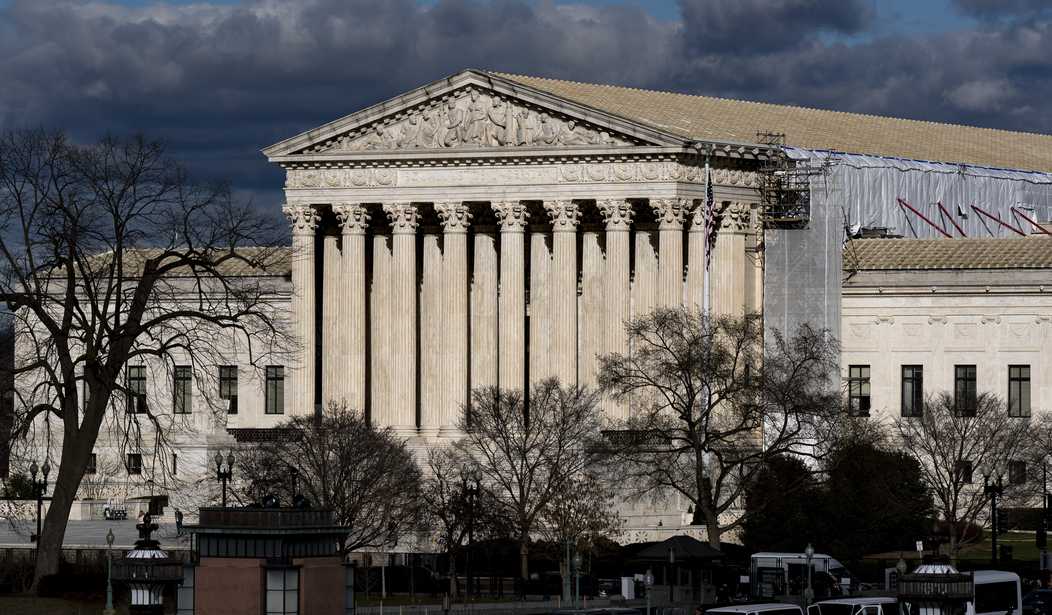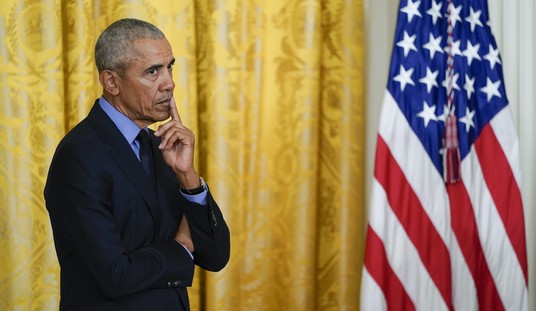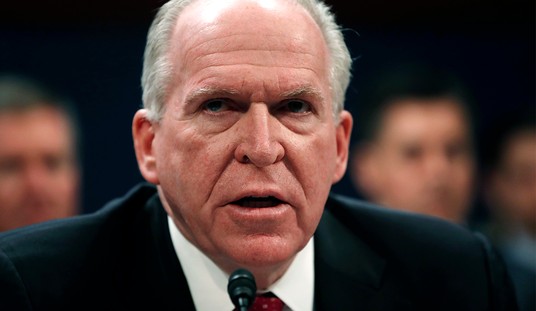In a 6-3 decision, the Supreme Court on Friday ruled in Kennedy v. Braidwood that Preventive Service Task Force "members are inferior officers whose appointment by the Secretary of HHS is consistent with the Appointments Clause."
"[T]he Task Force members' appointments are fully consistent with the Appointments Clause in Article II of the Constitution," Justice Brett Kavanaugh wrote in the majority opinion. "The structure of the Task Force and the manner of appointing its officers preserve the chain of political accountability that was central to the Framers' design of the Appointments Clause: The Task Force members were appointed by and are supervised and directed by the Secretary of HHS. And the Secretary of HHS, in turn, answers to the president of the United States."
The 6-3 decision is from Justice Kavanaugh, who writes that "Task Force members are inferior officers whose appointment by the Secretary of HHS is consistent with the Appointments Clause." Justice Thomas filed a dissenting opinion, joined by Alito and Gorsuch.…
— SCOTUSblog (@SCOTUSblog) June 27, 2025
The case goes back to a 2022 lawsuit filed by Braidwood Management, which represents conservative Christian employers in Texas. A judge sided with Braidwood in 2023, “asserting that the US Preventive Services Task Force (USPSTF) had no constitutional authority to mandate that private insurance cover several different preventive services, notably pre-exposure prophylaxis,” reports AJMC, referring to the HIV prevention medication. After numerous appeals, the Biden administration took the case to the Supreme Court, and the Trump administration continued the case.
Recommended
SCOTUS explains the question that was presented:
The U.S. Preventive Services Task Force (Task Force), which sits within the Public Health Service of the Department of Health and Human Services (HHS), issues clinical recommendations for preventive medical services, such as screenings and medications to prevent serious diseases. Under the Patient Protection and Affordable Care Act[…]health insurance issuers and group health plans must cover certain preventive services recommended by the Task Force without imposing any cost-sharing requirements on patients. …
The question presented is as follows: Whether the court of appeals erred in holding that the structure of the Task Force violates the Appointments Clause, U.S. Const. Art. II, § 2, Cl. 2, and in declining to sever the statutory provision that it found to unduly insulate the Task Force from the HHS Secretary’s supervision.
The Trump administration said in its filing that the ACA provision is constitutional, arguing the task force is under HHS Secretary Robert F. Kennedy Jr.'s authority, and he can appoint and remove members of the task force at will and require "secretarial approval before task force recommendations become binding on health insurers," according to STAT News.
The current government’s decision to pursue the case has made somewhat strange bedfellows of the Trump administration and various advocacy groups, including LGBTQ+ organizations, and its decision to defend Obamacare has surprised many. The case is “one of the latest in a series of litigation attacks brought against various provisions of the Affordable Care Act,” said Wendy Parmet, a constitutional law scholar at Northeastern University. “It’s surprising because Trump is not a fan of the Affordable Care Act and vowed to replace the Affordable Care Act in his first term.”
But experts noted that should the Supreme Court side with the Trump administration, it would provide a basis for empowering the administration to veto certain task force recommendations. For instance, in this case, if the HHS secretary decides that insurers shouldn’t have to cover PrEP or diabetes screenings or colonoscopies, then they don’t have to — regardless of what the task force recommends. (STAT News)
It is 6-3 in upholding the constitutionality of the board that issued rules for the covering of preventative case. This avoids a massive potential disruption on covered health care services.
— Jonathan Turley (@JonathanTurley) June 27, 2025
...Kavanaugh wrote the majority opinion. https://t.co/bqJ7mSapEB
— Jonathan Turley (@JonathanTurley) June 27, 2025
























Join the conversation as a VIP Member